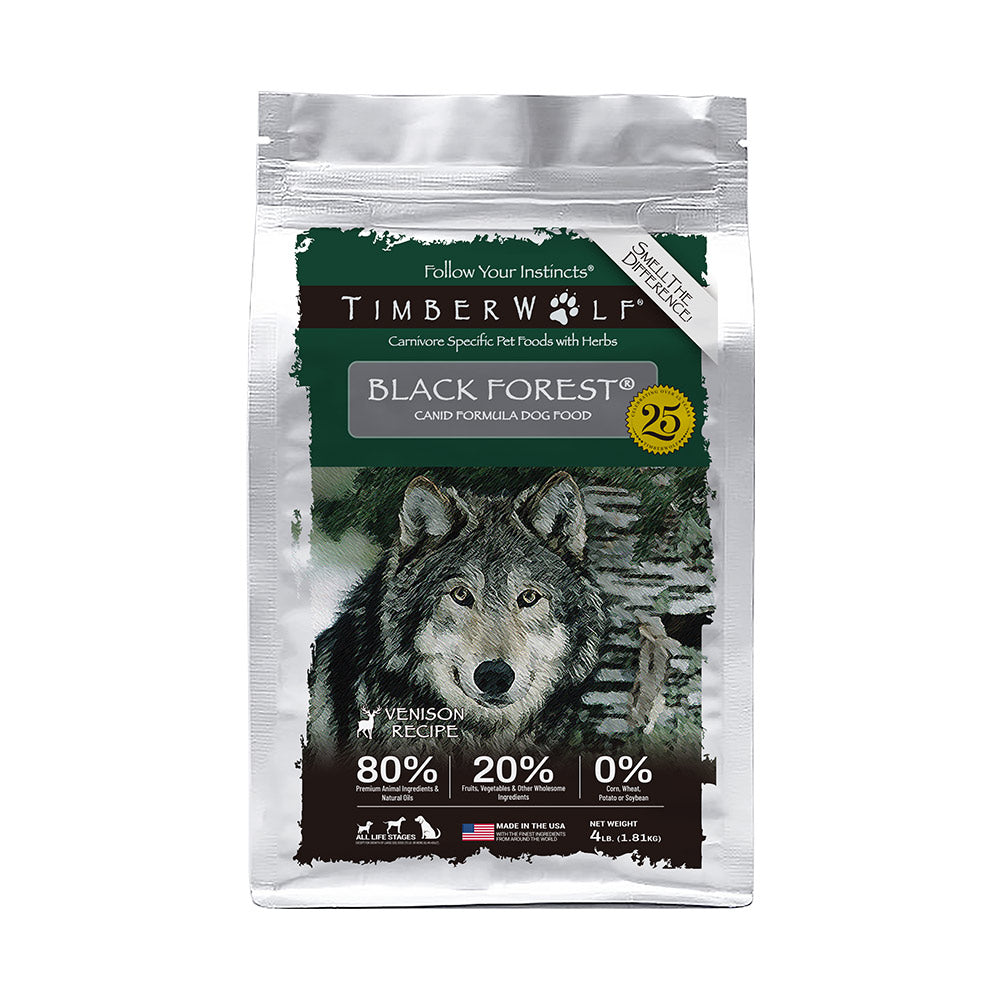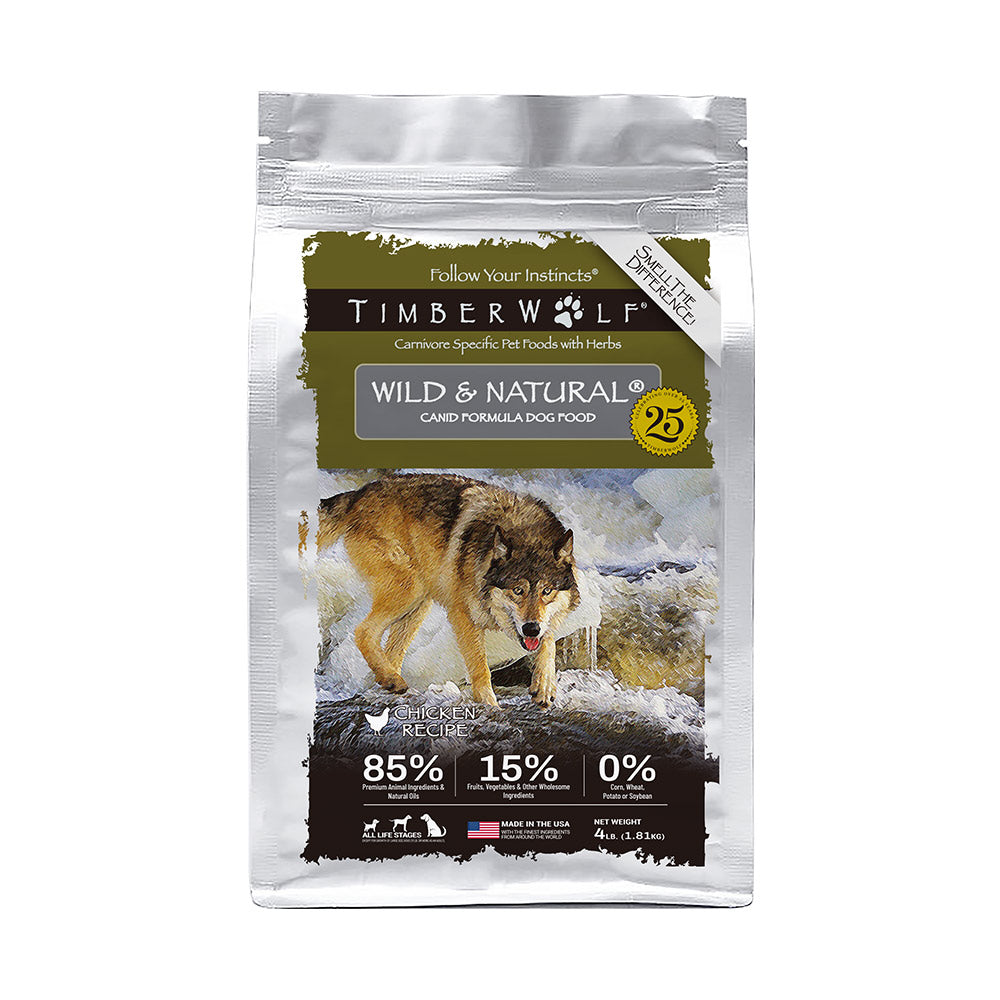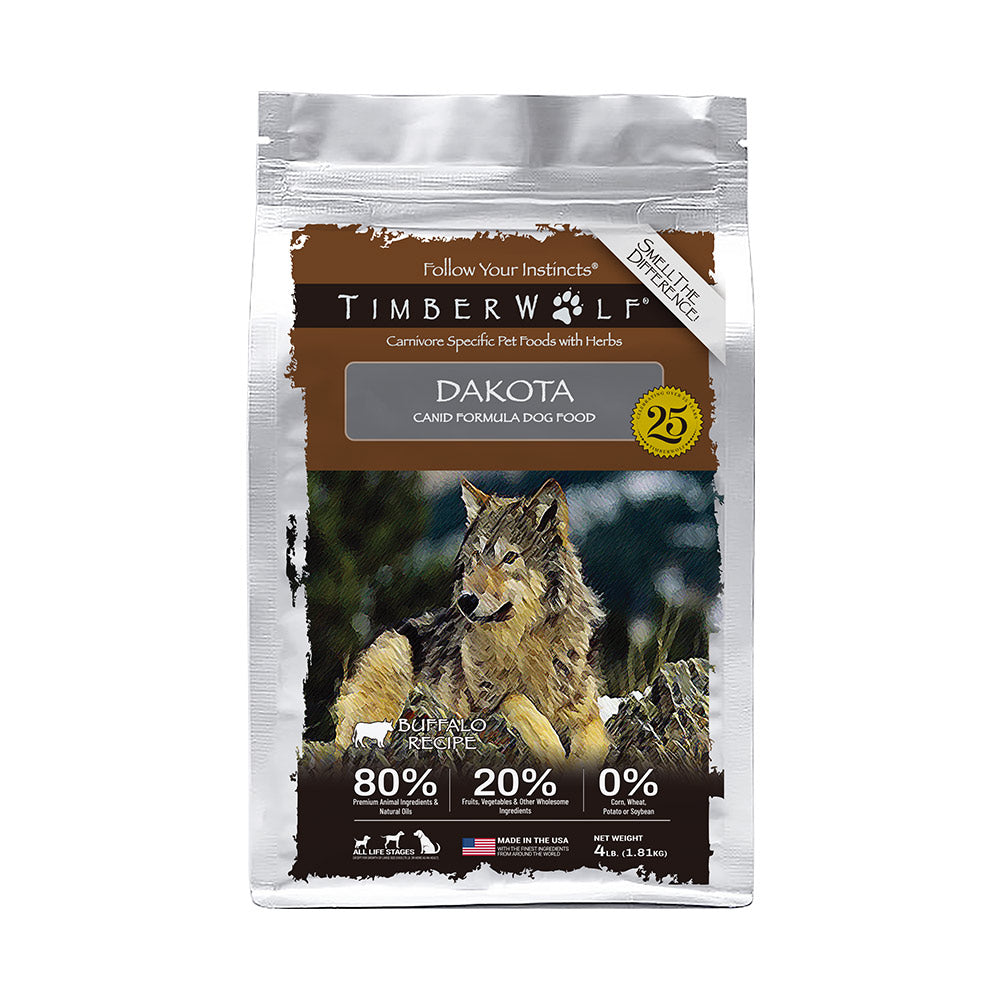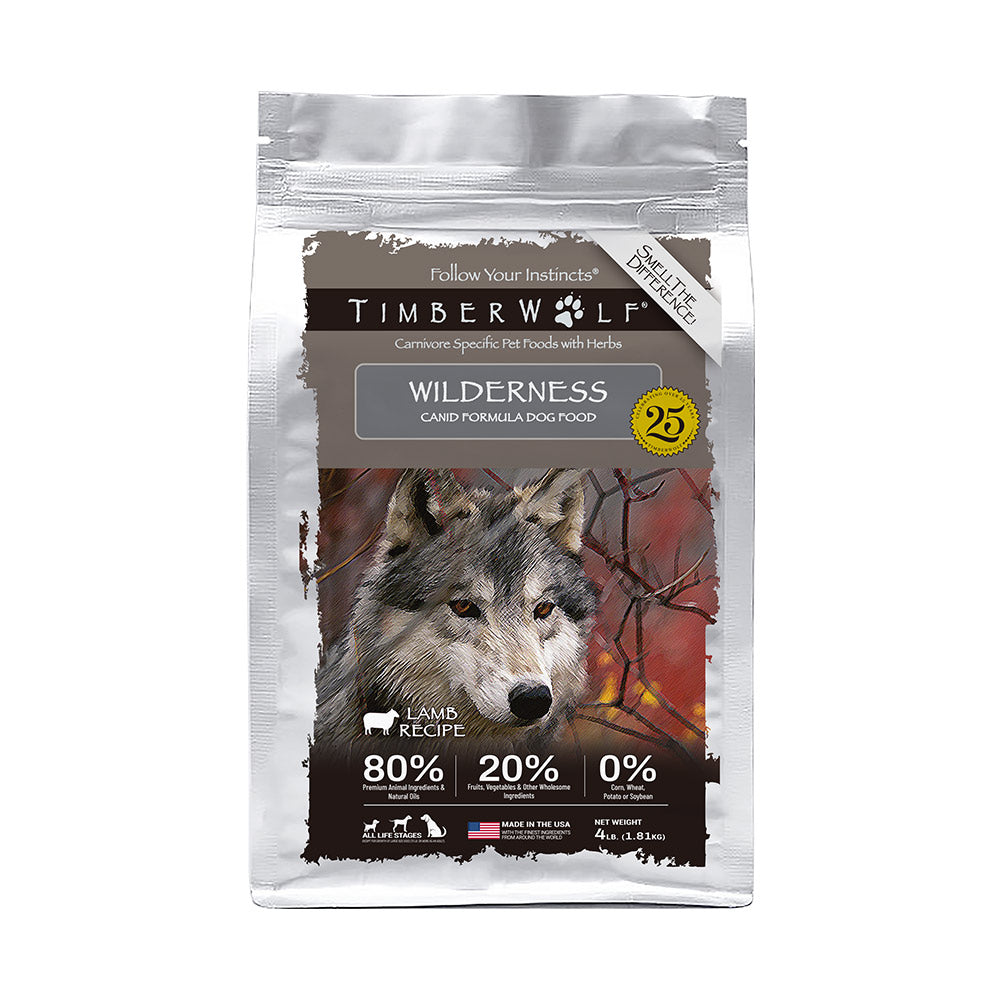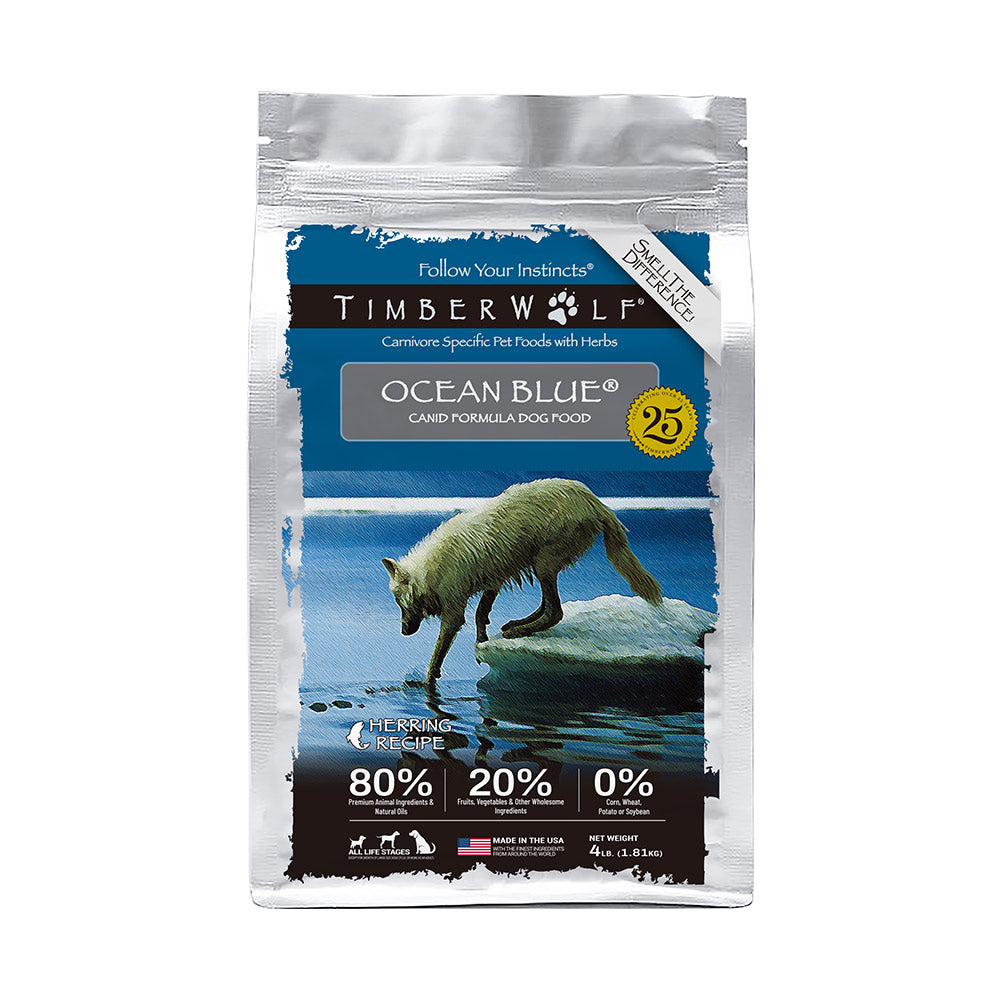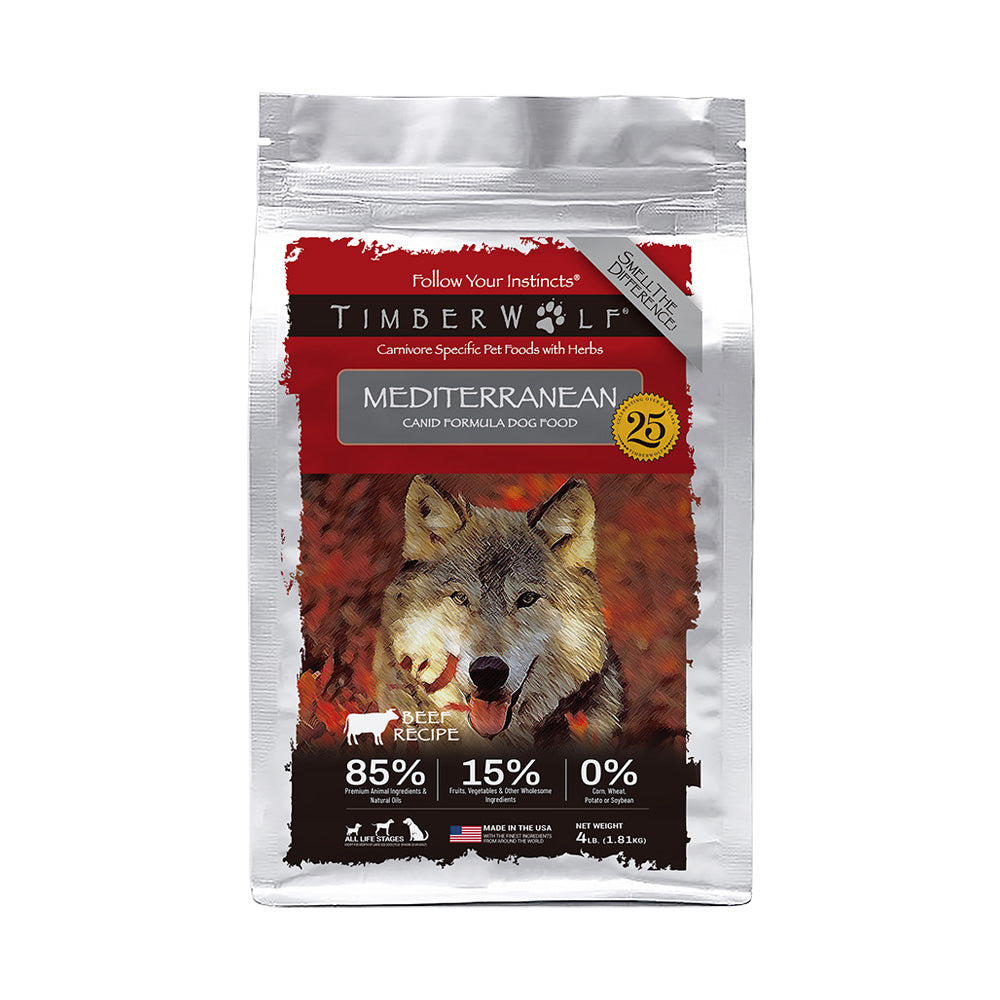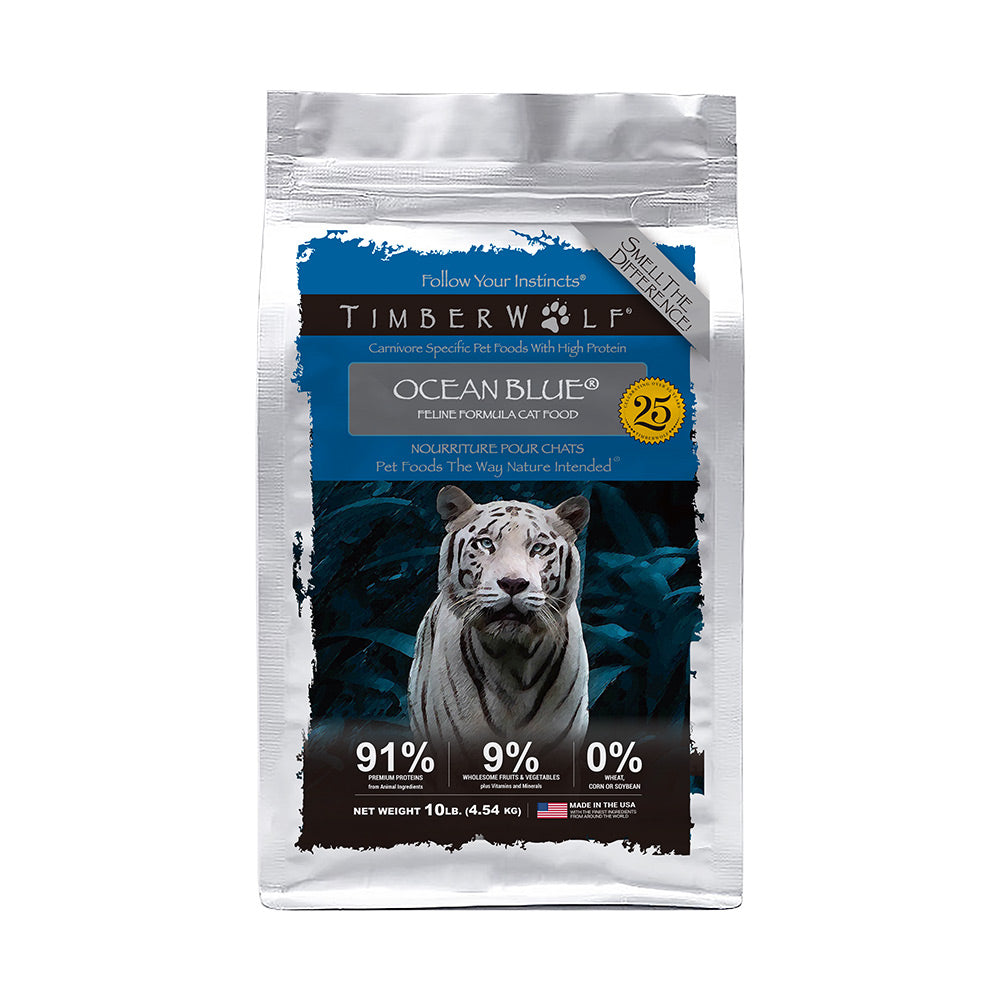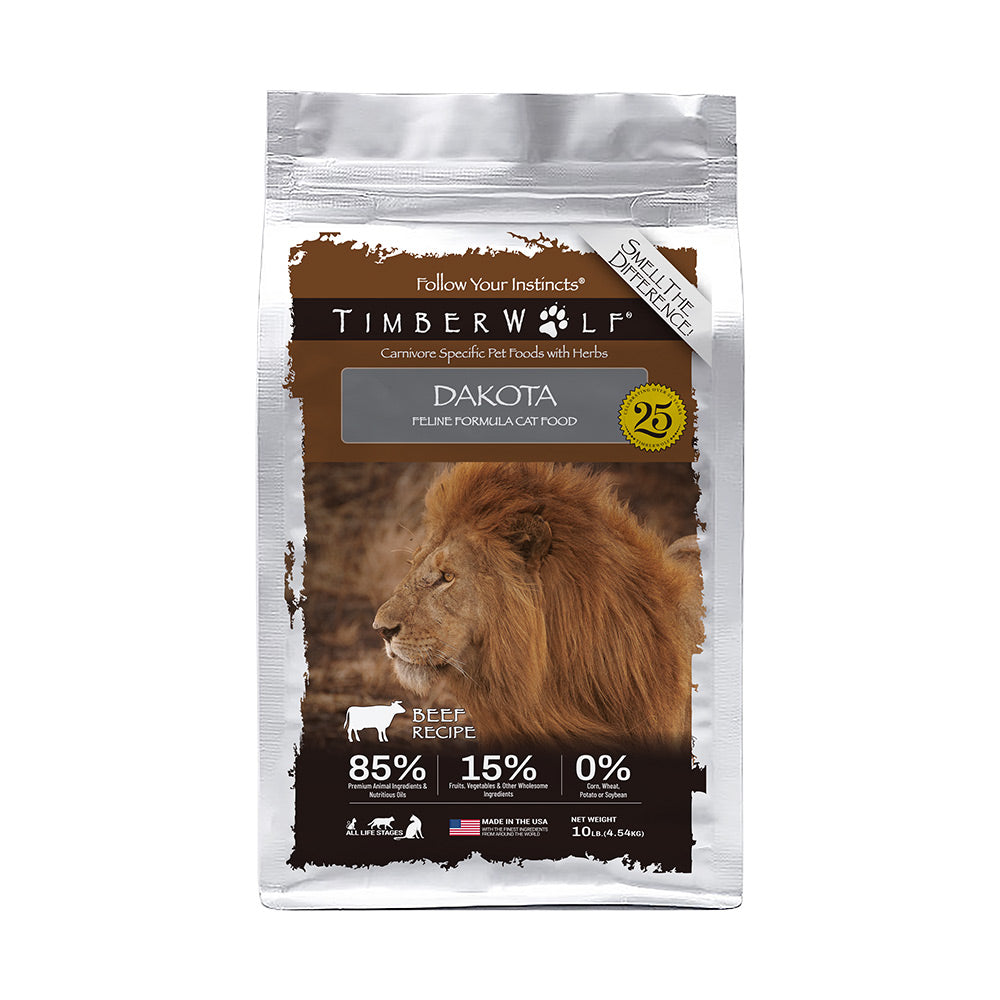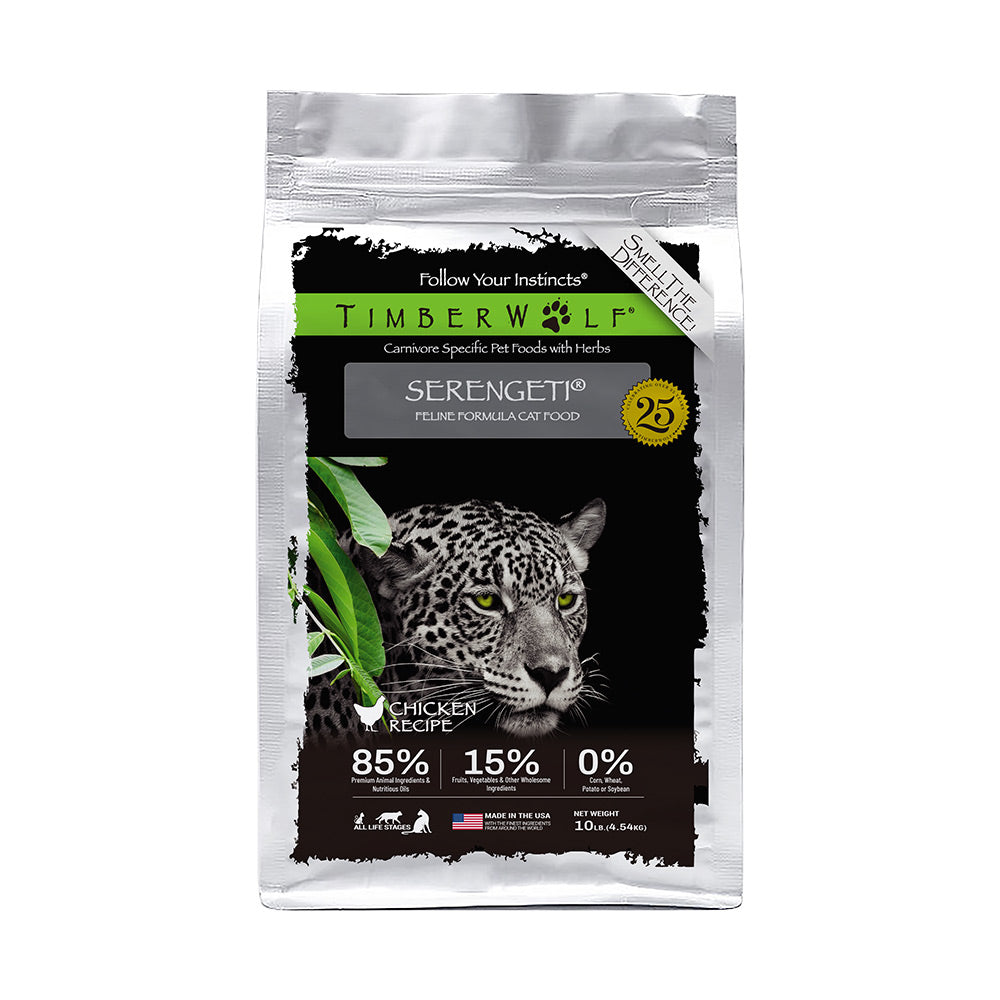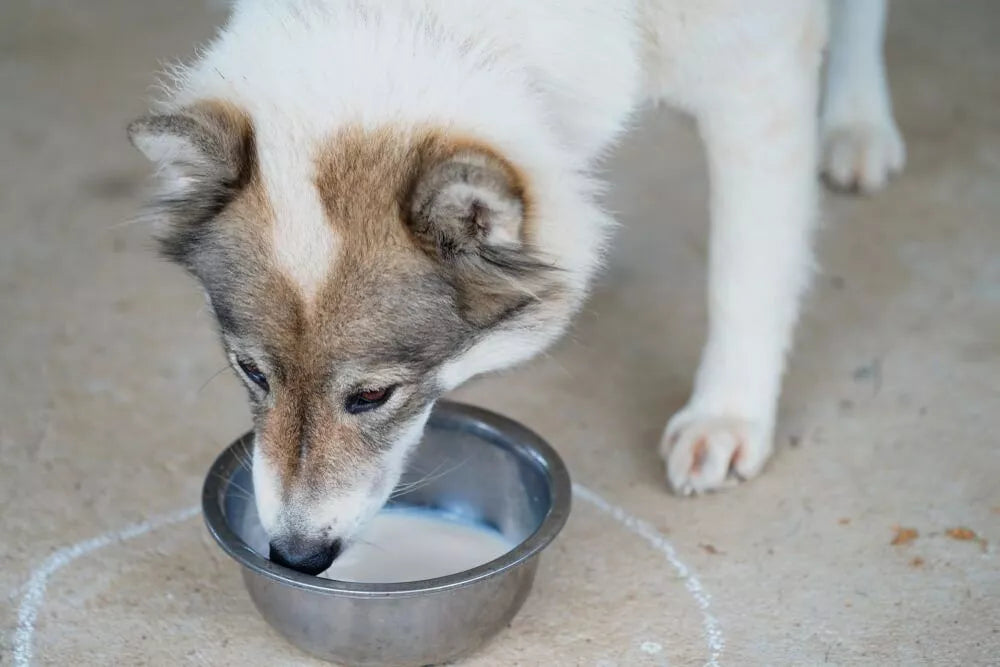
Can Huskies Drink Milk?
Many pet owners are wanting to offer their dogs a more varied and natural diet, so you might be wondering if it’s ok to offer your Husky a drink of milk. Milk is a tasty, high protein and high calcium drink, but does the same apply to dogs? The answer is not necessarily straightforward, but ideally, Huskies should not drink milk as many are lactose intolerant. Most dogs can drink milk in small amounts as an occasional treat, but it shouldn’t feature regularly in their diet. Keep reading to find out why!
Is milk good or bad for dogs?
Milk is not bad for dogs and does contain some beneficial nutrients. However, the negatives outweigh the benefits, and you should still avoid feeding your Husky milk. Milk is rich in calcium which is required to help maintain strong and healthy bones, and it’s also a great source of protein. However, if your dog is being fed a complete and balanced diet, they will be getting all the nutrients they need without requiring any extras.
Some suggest that milk might be a good remedy for an upset tummy, or if your dog has eaten something poisonous. However, this isn’t the case, and it will likely cause your dog to feel worse! Even mixed with water milk can cause problems.
What will happen if my Husky drinks milk?

Most Huskies are lactose intolerant and have sensitive tummies, they will likely experience some milk vomiting or diarrhea.
If your Husky drinks a small amount of milk, the likelihood is they will be absolutely fine! But as most Huskies are lactose intolerant and have sensitive tummies, they will likely experience some milk vomiting or diarrhea, and a bit of a belly ache afterward. For most dogs, this is mild and self-limiting, but it can be more severe in some individuals and last longer than a couple of days. In more severe cases dogs can become dehydrated and feel very poorly.
Milk is also high in fats, sugars, and calories. This means that if fed every day or too often it can contribute to weight gain and obesity, which can, in turn, lead to diabetes and joint disease.
When should I take my dog to the vet?
If your Husky is experiencing vomiting, diarrhea, abdominal pain, or any other symptoms after consuming milk you should get them checked at the vet. The vet will check them over and give them some supportive treatment to get them back to normal. It’s best to offer your Husky some bland food such as plain cooked white rice with some chicken or white fish until their tummy is back to normal.
Can Husky puppies drink milk?
It’s natural to think about feeding milk to puppies, as it’s what they feed on from their mother after birth and until they are weaned. But this is the only milk that puppies should consume, and as soon as they are weaned off their mother’s milk, they become lactose intolerant because the enzyme they need to digest milk is no longer produced. This makes it hard for them to digest cow’s milk so it’s best to avoid offering this altogether.
Lactose Intolerance in dogs

There are varying degrees of lactose intolerance ranging from mild to severe and every dog is different.
Like in people, dairy products can trigger a reaction in some dogs. Some dogs cannot digest milk or other dairy products, and some dogs can tolerate some dairy products but not others. There are varying degrees of lactose intolerance ranging from mild to severe and every dog is different.
How do I know if my Husky is lactose intolerant?
The typical symptoms of lactose intolerance in dogs are loose stools/diarrhea, vomiting, abdominal pain, and gas. The signs usually start to show within 12 hours of consuming milk or dairy and last for 24-48 hours but can persist longer in some dogs. It can easily be treated with supportive treatment such as anti-sickness medication and a bland diet of chicken or white fish with some plain cooked white rice.
What about other dairy products?
You should avoid feeding your Husky any dairy products as they are likely to experience an upset tummy. A small amount every so often can be ok for some dogs, but as most Huskies are lactose intolerant it is safest to avoid them. A tiny amount of milk, such as if your dog gets a naughty mouthful of your tea or breakfast cereal, will not do any harm.
What milk alternatives are safe for Huskies?

A great milk alternative can be milk, lactose-free milk, almond milk, or coconut milk
Ideally, Huskies should only be drinking water. However, if you do want to offer a milk alternative occasionally as a treat, you could try soy milk, lactose-free milk, almond milk, or coconut milk. Your dog might enjoy the flavor of these for a bit of variety, and you could even add a little to their food to soften it and add flavor.
Remember that any non-water alternative should only be offered as an occasional treat to your dog as they are higher in sugar and calories that can contribute to weight gain and obesity. Milk products should not be fed every day.
Final Thoughts
Hopefully, this article has helped answer your question as to whether or not you can feed your Husky milk. In summary, it’s best to avoid offering your Husky cow’s milk or dairy products as most are lactose intolerant. You can offer your dog some of the safer milk alternatives, but only as an occasional treat!
FAQs
What can Huskies drink?
Huskies, like all dogs, should be offered water as their main source of hydration. Most Huskies are lactose intolerant, so milk should generally be avoided. All non-water drinks are more calorific and can contribute to weight gain or cause an upset tummy.
What happens if a dog drinks milk?
Most dogs are fine if they drink milk in small quantities. Too much can cause mild vomiting and diarrhea, but in dogs, with lactose intolerance, it can cause more severe tummy upsets.
Why milk is not good for dogs?
Milk is high in fat and sugars, which can contribute to weight gain and obesity or trigger pancreatitis. Too much can cause vomiting and diarrhea, and some dogs may be lactose intolerant.
What can huskies not eat?
There is nothing specific that Huskies cannot eat, and they can eat all the foods that any other breeds can eat. If your dog has any specific allergies or intolerances, you should always avoid these foods.
- Choosing a selection results in a full page refresh.
